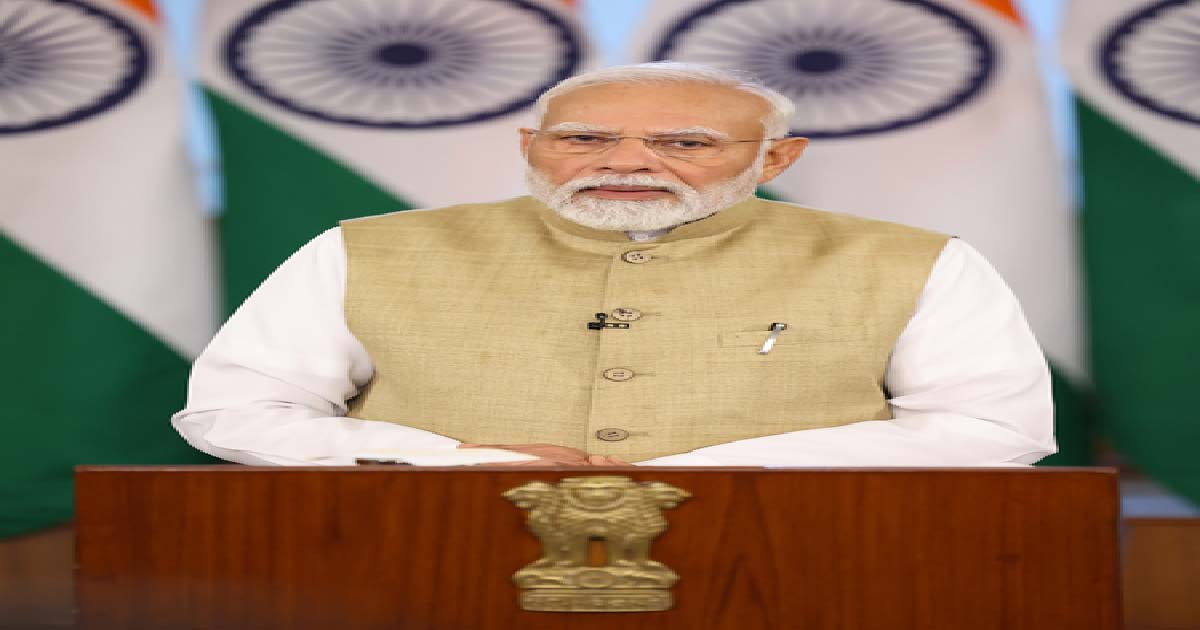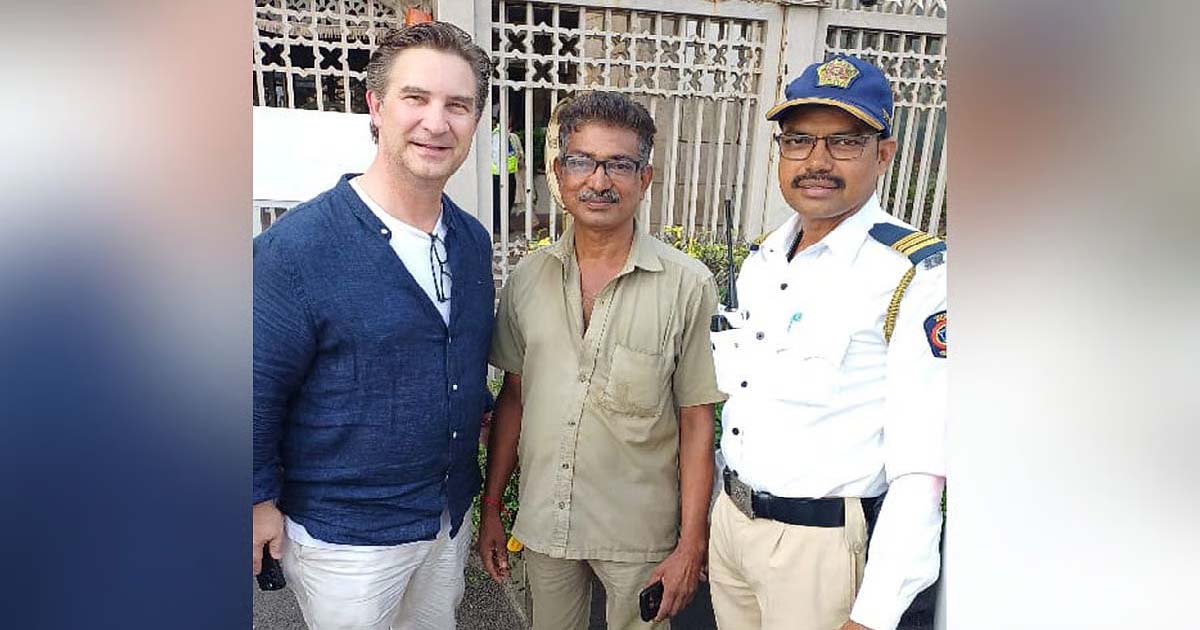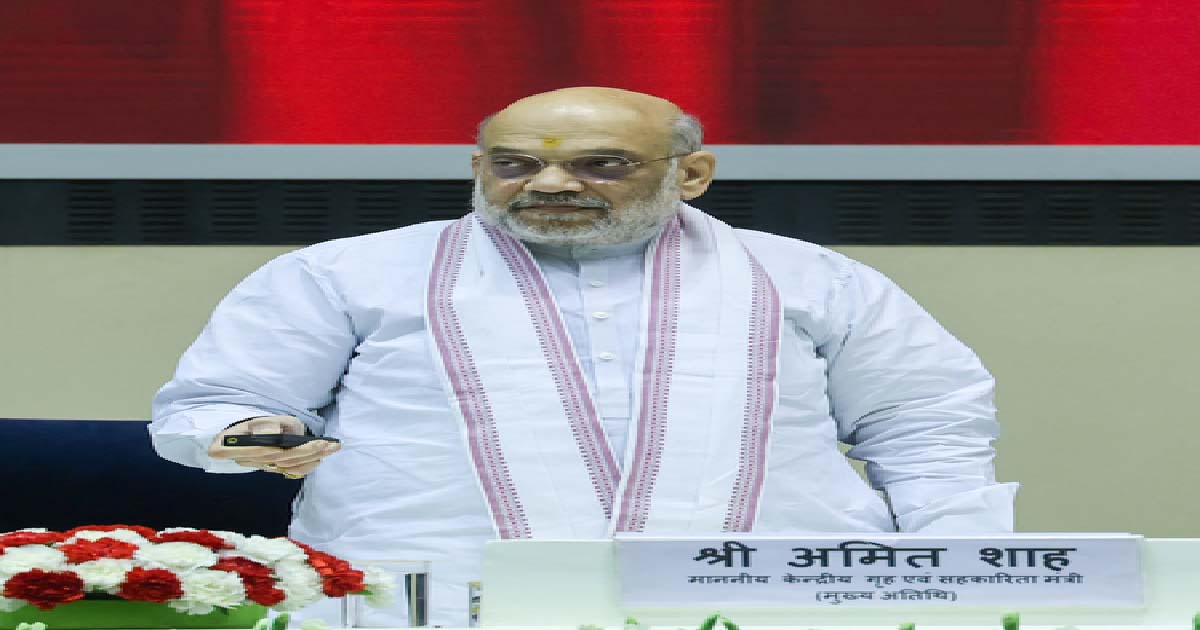National News
SC refuses to entertain WhatsApp-Meta pleas against CCI probe into privacy policy
The Supreme Court on Friday upheld the Delhi High Court order, which dismissed the appeals filed by WhatsApp and Facebook (now Meta) challenging a single judge bench order refusing to stay the Competition Commission of India’s (CCI) probe into alleged abuse of dominant position practices by WhatsApp in connection with its 2021 privacy policy.
Senior advocate Kapil Sibal, representing WhatsApp, submitted that the Personal Data Protection Bill is coming and the Solicitor General told the Constitution bench to hear privacy policy matter in January. He said, “if a constitutional court finds that my policy is okay and consistent with the law, this cannot go on.”
Sibal contended before a bench comprising Justices M.R. Shah and Sudhanshu Dhulia that how can they probe in the meantime, while the issue of the privacy policy is pending? He added, “We’re saying don’t let the CCI pass final orders till this court’s order comes”.
The bench said the CCI is an independent body and the question is if your conduct is contrary to the Competition Act, correct? It added, “We can observe that contentions be kept open by CCI”.
Additional Solicitor General N. Venkatraman submitted that data qua the 2021 policy is with WhatsApp, and it is being used in a dominant way for their ads, resulting in possible abuse. The concentration of data with a particular company results in abuse, he added.
Sibal said WhatsApp has a privacy policy, individual’s data is not shared and if I want to book a ticket, I use a business app, and the person I book with can share it. “WhatsApp is not sharing”, he said, adding that this is applicable to every platform in the country and also the Indian apps.
After hearing arguments, the top court said the CCI is an independent authority to consider any violation of the provisions of the Competition Act of 2002, and no interference is required by this court in the high court order.
The bench added that when proceedings are initiated by CCI, it cannot be said that it’s without jurisdiction, and the CCI cannot be dissuaded from investigation and alleged violation of Competition Act, 2002.
Dismissing the petitions, the top court said any observations of the high court in proceedings are to be treated as tentative and prima facie, and the matter is to be considered on its own merits.
In August this year, the Delhi High Court dismissed the appeals filed by WhatApp and Facebook (now Meta) challenging the single judge bench’s order which had refused to stay the Competition Commission of India’s (CCI) last year’s order.
Business
Four Labour Codes are most progressive reforms for workers since Independence: PM Modi

New Delhi, Nov 21: Prime Minister Narendra Modi on Friday said the government has given effect to the Four Labour Codes, which are one of the most comprehensive and progressive labour-oriented reforms since Independence.
“It greatly empowers our workers. It also significantly simplifies compliance and promotes Ease of Doing Business,” the Prime Minister remarked.
He said that these Codes will serve as a strong foundation for universal social security, minimum and timely payment of wages, safe workplaces and remunerative opportunities for our people, especially ‘Nari Shakti and Yuva Shakti’.
“It will build a future-ready ecosystem that protects the rights of workers and strengthens India’s economic growth. These reforms will boost job creation, drive productivity and accelerate our journey towards a Viksit Bharat,” he added.
The four labour codes include the Code on Wages, 2019, the Industrial Relations Code, 2020, the Code on Social Security, 2020 and the Occupational Safety, Health and Working Conditions Code, 2020, with effect from November 21, rationalising 29 existing labour laws.
With the implementation of the Labour Codes, it has now become mandatory for employers to issue appointment letters to all workers, which provides written proof to ensure transparency, job security, and fixed employment. Earlier, no mandatory appointment letters were required.
Under Code on Social Security, 2020, all workers, including gig and platform workers, will get social security coverage. All workers will get PF, ESIC, insurance, and other social security benefits. Earlier, there was only limited security coverage.
Under the Code on Wages, 2019, all workers will receive a statutory right minimum wage payment which wages and timely payment will ensure financial security. Earlier, minimum wages applied only to scheduled industries or employments; large sections of workers remained uncovered.
The Labour codes also ensure that employers must provide all workers above the age of 40 years with a free annual health check-up and promote a timely preventive healthcare culture. Earlier, there was no legal requirement for employers to provide free annual health check-ups to workers.
The codes also make it mandatory for employers to provide timely wages, to ensure financial stability, reducing work stress and boosting the overall morale of the workers. Earlier, there was no mandatory compliance for employers’ payment of wages.
The new law permits women to work at night and in all types of work across all establishments, subject to their consent and required safety measures. Women will also get equal opportunities to earn higher incomes in high-paying job roles. Earlier, women’s employment in night shifts and certain occupations was restricted.
The new codes also extend ESIC coverage and benefits pan-India – voluntary for establishments with fewer than 10 employees, and mandatory for establishments with even one employee engaged in hazardous processes.
Social protection coverage will be expanded to all workers. Earlier, ESIC coverage was limited to notified areas and specific industries; establishments with fewer than 10 employees were generally excluded, and hazardous-process units did not have uniform mandatory ESIC coverage across India.
The codes also ease the compliance burden for workers by providing for single registration, a PAN-India single license and a single return. Earlier, multiple registrations, licenses and returns across various labour laws were required.
National News
Mumbai Police Help Foreign National Recover Mobile Phone Left In Taxi; Mumbaikars Ask ‘Why Ordinary Citizens Not Prioritised?’

Mumbai: Mumbai Police on Friday posted a picture of a traffic constable with a foreign national. In an Instagram post, Mumbai Police said that the man had left his phone in a taxi. After realising this, he reached out to the Colaba Traffic Division.
The traffic officer on duty, identified as HC Bade, traced the taxi’s registration number, identified the cab driver, and contacted him. The cab driver was then asked to go to the foreign tourist’s hotel, where the device was returned to him.
Taking to Instagram, Mumbai police said,”Realising he had left his phone in a taxi, a foreign national promptly contacted the Colaba Traffic Division. On-duty HC Bade traced the taxi number, identified the owner, reached out to the driver, and arranged for him to come to the guest’s hotel to return the phone.”
Generally, we see that whenever there is an incident like this, netizens praise the person involved and shower them with appreciation for their efforts. However, Mumbaikars have reacted differently this time and questioned why only foreign nationals are prioritised, while theft cases related to locals are neglected.
One of the users said,”I’m still trying to understand why cases like mine are treated so casually. If the live location of a stolen phone is visible for 24+ hours in an area known for dismantling and reselling devices, why isn’t immediate ground action taken?”
The user further asked” What’s the point of filing a complaint if the cyber cell isn’t even informed the next day or aware they need to block the IMEI? Mumbai Police talks about #MumbaiPolice4All, but real experiences show a different reality. Are citizens expected to just let it go because thieves know the loopholes better than the system?”
Another user asked in Marathi, “Sir, if our things are lost then we need to become foreign citizens, you don’t give us simple CCTV, so much effort is not of any use to us if things are lost?”
A third user said that their mobile had gone missing from the Sion area and they have still not got it back.
The post has garnered more than 7,149 likes in just two hours of posting on Instagram.
National News
‘Some parties on mission to protect infiltrators’: Amit Shah on Bengal CM’s plea to halt SIR

New Delhi, Nov 21: Some political parties are on a mission to shield the infiltrators by opposing the voter verification drive being undertaken by the Election Commission of India (ECI), said Home Minister Amit Shah on Friday.
The searing swipe by the Home Minister comes on the back of West Bengal CM Mamata Banerjee’s urgent appeal to the poll panel to stop the Special Intensive Revision (SIR) — currently underway in 12 states, including three union territories.
Addressing an event in Gujarat, HM Amit Shah said that stopping infiltration in the country was not just necessary but also the need of the hour because of the threat it poses to the country’s demography and democracy.
“Preventing infiltration is not only necessary for the security of the country, but also essential to protect our democratic system from being corrupted. Unfortunately, some political parties are opposing the ‘ghuspaithiya hatao’ campaign and the voter list purification drive being carried out by the Election Commission under SIR,” he stated.
Reiterating the pledge to oust infiltrators and outsiders, he said that every single infiltrator will be identified and thrown out of the country.
“It’s the people of this country and not the infiltrators who will elect their representatives,” he added.
The Home Minister’s remarks come just a day after Mamata Banerjee dashed off a letter to the Election Commission, demanding a stay on the ongoing SIR exercise on the grounds of ‘alienating the common public and snatching their right to vote’.
“I would request you to kindly intervene decisively to halt the ongoing exercise, stop coercive measures, provide proper training and support, and thoroughly reassess the present methodology and timelines,” Mamata Banerjee wrote in a letter to CEC Gyanesh Kumar.
She also claimed that many BLOs (Booth Level Officers) were under extreme pressure and fear of punitive action and were resorting to “submission of incorrect or incomplete entries, thus risking disenfranchisement of genuine voters and eroding the integrity of the electoral roll”.
Her letter drew backlash from the BJP, including the state unit, which not just dismissed her charges but also accused her of trying to derail a lawful process.
-

 Crime3 years ago
Crime3 years agoClass 10 student jumps to death in Jaipur
-

 Maharashtra1 year ago
Maharashtra1 year agoMumbai Local Train Update: Central Railway’s New Timetable Comes Into Effect; Check Full List Of Revised Timings & Stations
-

 Maharashtra1 year ago
Maharashtra1 year agoMumbai To Go Toll-Free Tonight! Maharashtra Govt Announces Complete Toll Waiver For Light Motor Vehicles At All 5 Entry Points Of City
-

 Maharashtra1 year ago
Maharashtra1 year agoFalse photo of Imtiaz Jaleel’s rally, exposing the fooling conspiracy
-

 National News1 year ago
National News1 year agoMinistry of Railways rolls out Special Drive 4.0 with focus on digitisation, cleanliness, inclusiveness and grievance redressal
-

 Maharashtra1 year ago
Maharashtra1 year agoMaharashtra Elections 2024: Mumbai Metro & BEST Services Extended Till Midnight On Voting Day
-

 National News1 year ago
National News1 year agoJ&K: 4 Jawans Killed, 28 Injured After Bus Carrying BSF Personnel For Poll Duty Falls Into Gorge In Budgam; Terrifying Visuals Surface
-

 Crime1 year ago
Crime1 year agoBaba Siddique Murder: Mumbai Police Unable To Get Lawrence Bishnoi Custody Due To Home Ministry Order, Says Report












